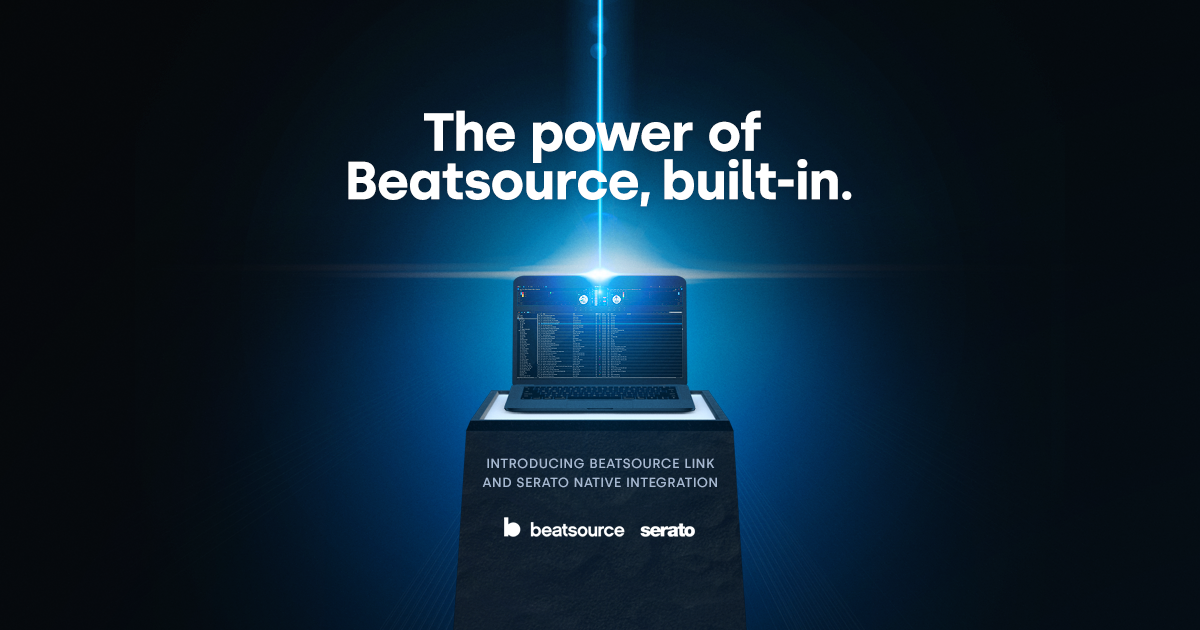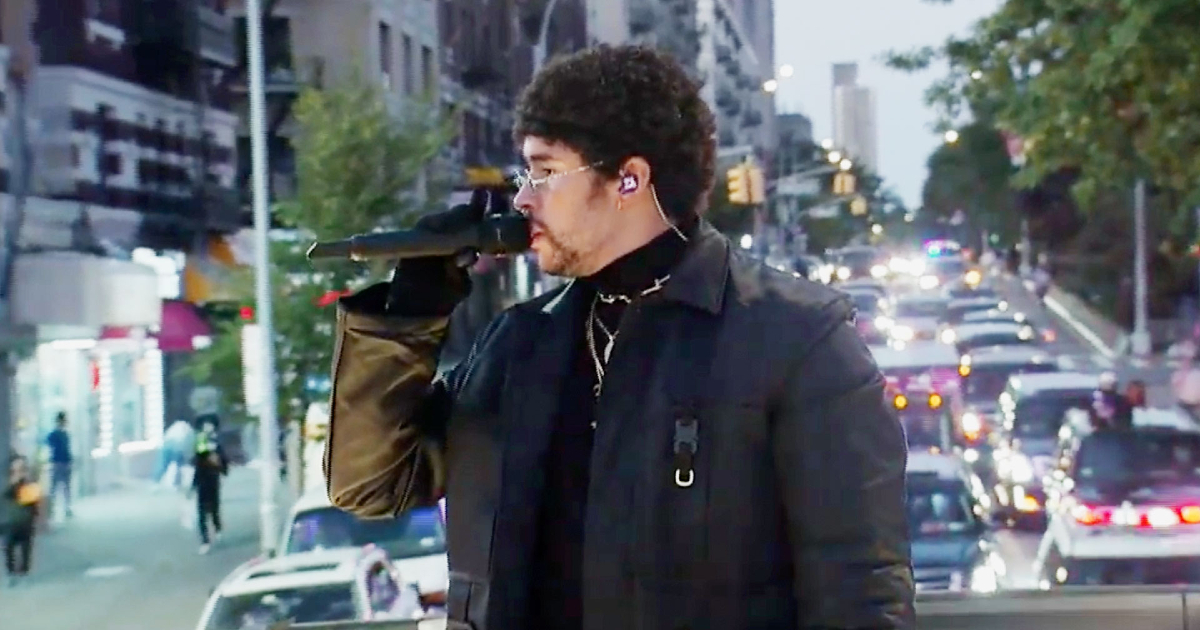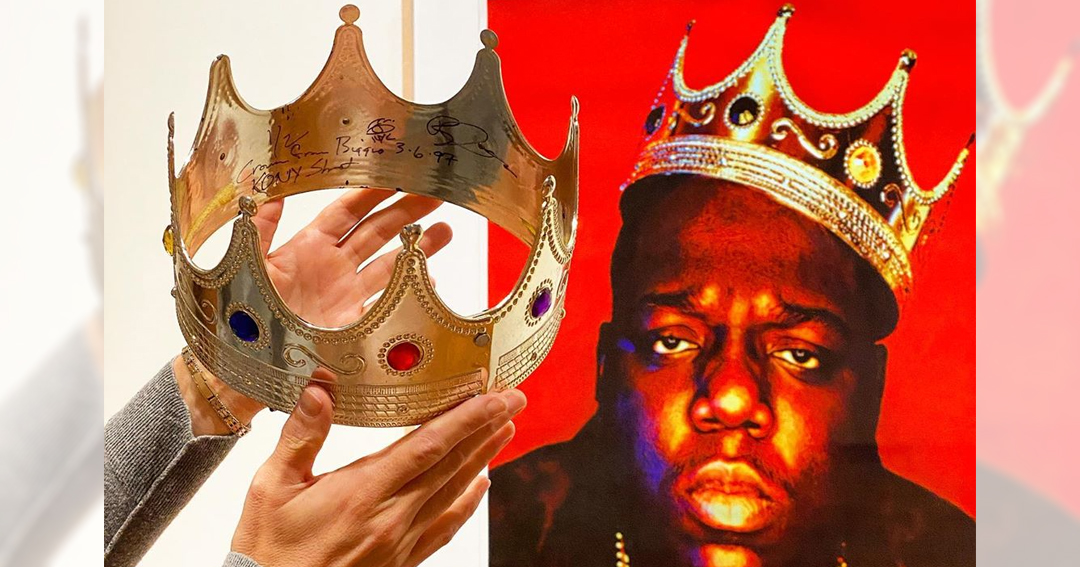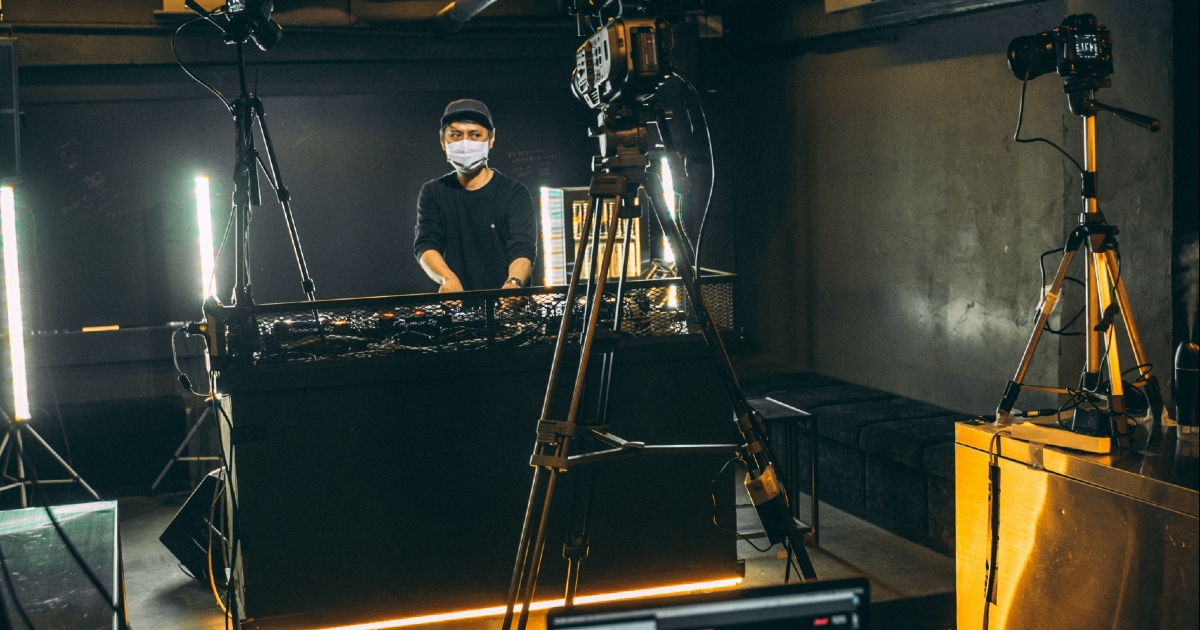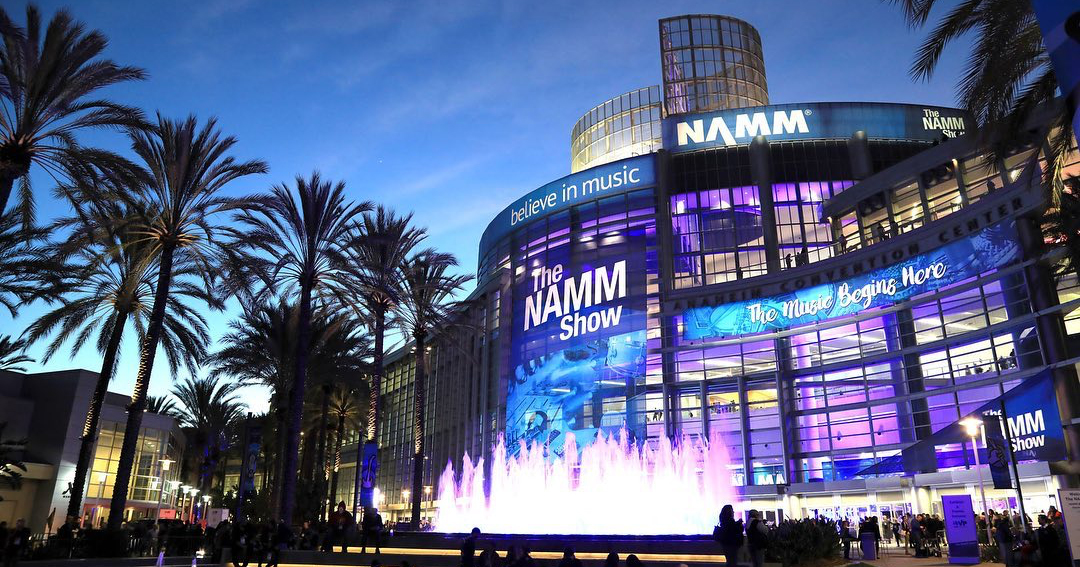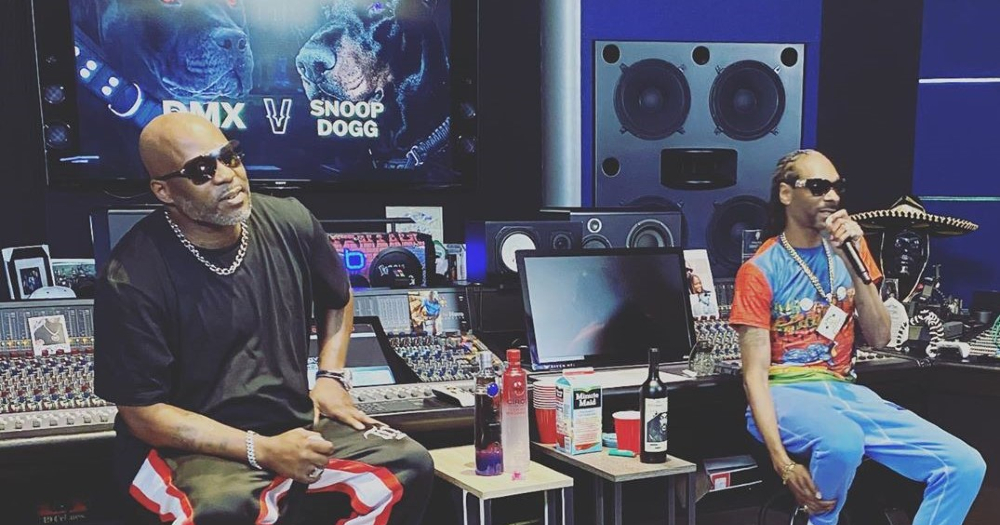Music Industry
Beatsource LINK Is Now Available in Serato DJ
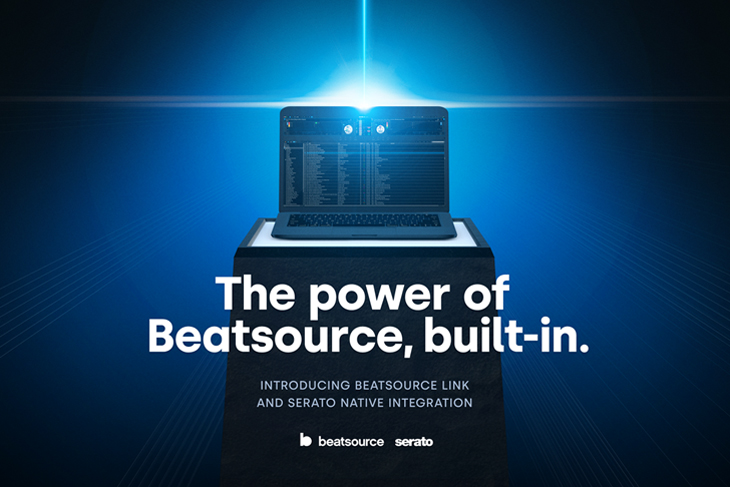
(Source: Beatsource)
The Beatsource LINK streaming service for open-format DJs can now be used with the industry-standard performance software, Serato DJ. The highly anticipated integration is available in Serato DJ Pro 2.4 and Lite 1.4, which were released on Monday.
Launched in May, Beatsource LINK lets DJs stream tracks from the Beatsource library, including thousands of expertly curated playlists, directly from their DJ software.
A-Trak, renowned DJ/producer and Beatsource board member, says:
“It’s inevitable that DJs will need access to the massive streaming libraries of songs for their DJ sets. The important thing is to not force DJs to change the equipment or software that they use. That’s why Beatsource’s integration into Serato is so important. Also, what impressed me the most was the ability to create playlists on the Beatsource site as you’re searching for music and having them sync up to your Serato.”
Brian “DJ Quickie” Wong, president of Beatsource, adds:
“Lead by Serato in the early 2000’s, the transition from vinyl to digital changed DJing forever. Trailblazers like A-Trak, DJ AM, and Jazzy Jeff opened our minds to what Serato’s technology could allow us to do. Today, over 15 years later, we are living in a moment that will again change DJing forever. DJs no longer need to shop for, purchase, and store their music. Instead, DJs will simply access the Beatsource DJ library, which will be available instantly and everywhere with Serato, and the value will be in each DJs curation and knowledge of their personal playlists and crates. DJs will no longer be limited by what they can own and store, but rather by what they can do with their musical creativity. This opens up a world of imagination for the next generation of DJs, and I can’t wait to see what they do with our technology.”
Beatport LINK, which is based on the same technology as Beatsource LINK, is also now available in Serato DJ Pro 2.4 and Lite 2.4.
Get a free trial of Beatsource LINK here and download Serato DJ here.
Related Post: Beatsource LINK Is Now Available in Denon DJ Devices
Bad Bunny Plays Surprise Livestream Concert on the Streets of New York City
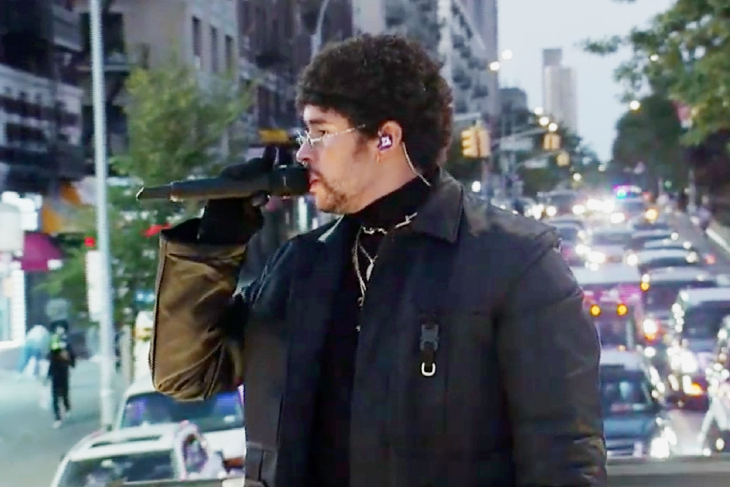
Bad Bunny in Washington Heights. (Source: Univision)
Add “traffic-stopping live performer” to the list of Bad Bunny‘s reggaeton success story, as the Puerto Rican star performed in largely Latinx sections of Harlem, Washington Heights, and the Bronx, NY on Sunday evening.
He performed atop a moving tour bus stylized to look like a graffiti-tagged New York City subway car. The event, sponsored by Univision’s Uforia radio broadcasting/music events portal, kicked off a series of monthly livestream concerts set to air once a month through the end of December via Uforia’s website, YouTube, Twitter, and Twitch.
The artist performed tracks from his February-released studio album YHLQMDLG, plus was joined for virtual duets with artists including J Balvin, who paired with Bad Bunny for “La Cancion.” “It was difficult for me to do a concert without an audience. I didn’t want to,” he told Billboard. “But I’m accepting the new reality, and I hope people enjoy this. We need it.”
Impressively, the event was produced in collaboration with Elite Media and Marketing (EMM), IDEKO, the Mayor’s Citywide Event Coordination and Management Office, The Mayor’s Office of Media & Entertainment, the NYC Department of Transportation, the NYPD, Harlem Hospital, and the Health and Hospital Corporation.
Check out the 100% Bad Bunny playlist on Beatsource.
Related Post: J Balvin, Dua Lipa, Bad Bunny, and Tainy Drop New Track ‘Un Dia (One Day)’
Sotheby’s Auctions Off Notorious B.I.G.’s Crown And More Iconic Hip-Hop Memorabilia
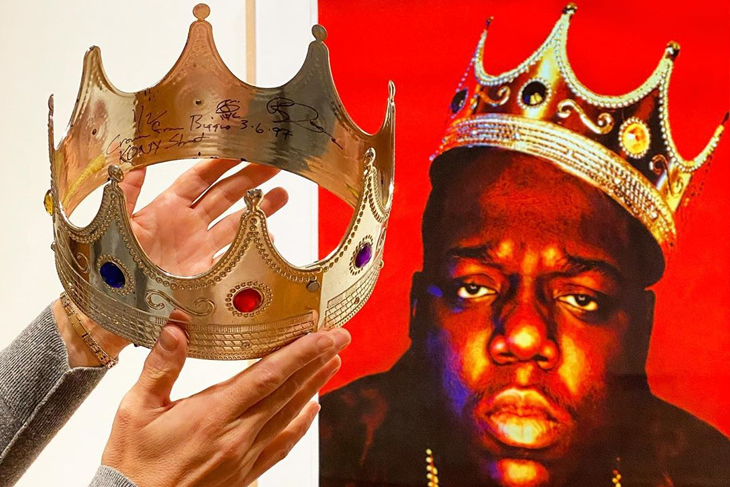
The Notorious B.I.G.’s crown and photograph by Barron Claiborne at Sotheby’s. (Source: Instagram)
Sotheby’s, the world’s oldest and largest internationally recognized firm of fine art auctioneers, recently sold over $2 million worth of iconic items celebrating hip-hop’s five decades of cultural impact. The auction was organized by Monica Lynch, the former president of Tommy Boy Records.
The majority of items were consigned directly by artists or their estates and included: Notorious B.I.G./Barron Claiborne Crown + Photograph, DJ Ross One’s “Wall of Boom” (featuring a stack of 32 rare and vintage, and in some cases still functioning, 1980s boomboxes), the Tommy Boy DJ Headquarters Original Neon Sign, plus a lot of 22 love letters written by a high school-aged Tupac Shakur.
A portion of Sotheby’s proceeds from the auction benefitted the Queens Public Library Foundation to support their hip-hop programs and Building Beats, a non-profit community organization focused on DJing and music production programs.
Impressive to note here is that the artifacts, in many cases, sold well over their expected auction price. Biggie’s‘s crown — worn in a 1997 “King of New York” photoshoot with photographer Barron Claiborne — was sold for $595,000, which is 100% more than the estimated $300,000 auction price. Factor in the fact that Claiborne originally purchased the crown for six dollars; that’s a mind-blowing six million percent increase in worth.
The original neon sign at Tommy Boy’s headquarters exceeded nearly 200% of its expected auction value. However, the most staggering figure is that an original, sealed 12″ copy of Rammellzee vs. K-Rob “Beat Bop” (featuring artwork by Jean-Michel Basquiat) exceeded pre-auction expectations by three-thousand percent. At $126,000, it has been declared, by Sotheby’s as “the most expensive hip-hop vinyl record sold at auction.”
There is no word as to when Sotheby’s will schedule another hip-hop auction. However, an unexpectedly lucrative marketplace exists for these items, of which many are likely available for auction.
Related Post: Tommy Boy Releases Second Volume of Tracks on DJcity
Facebook Clarifies Terms of Service for Live Streaming; What Are the DJ Community’s Next Steps?
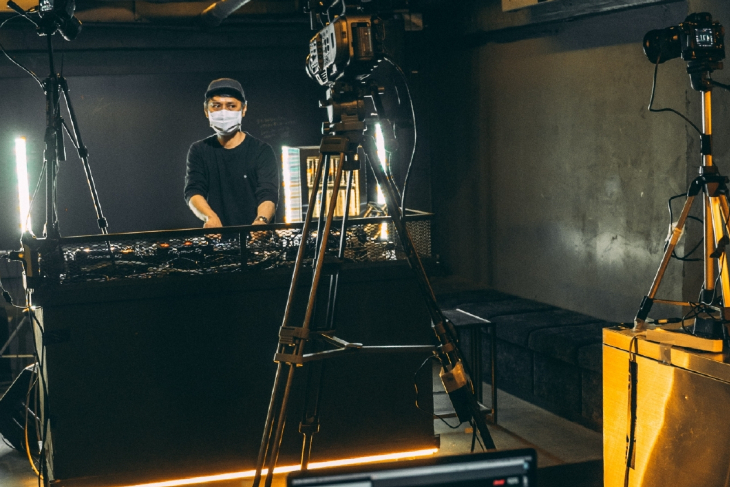
(Credit: Heshan Perera/Unsplash)
Rumors of Facebook‘s upcoming Terms of Service update noting the right to delete users and pages that “create music listening experiences” from the platform have turned out to be untrue.
According to a conversation between DJcity and a Facebook representative, the following is noted:
“People are likely mistaking the updates we’re making to our Facebook Terms of Service. Our music guidelines have been in place since we launched music on our platforms in 2018. They were written to balance our commitment to supporting musical expression on our platforms with also ensuring we uphold our agreements with rights holders, which remains unchanged.”
As the global quarantine enters its sixth month, DJs are navigating the decisions made by broadcasting platforms as they learn how to adapt to live streaming. Ultimately, it appears that by the end of 2020, there will be more answers than questions regarding how DJs can sustainably showcase their talents and earn a living wage in an online environment.
Platforms like Facebook, Instagram, and Twitch are becoming far more artist-friendly and much less DJ-equipped. Conversely, platforms like Mixcloud and YouTube are moving towards sustainability as online broadcast platforms.
Recently, Instagram-borne Verzuz announced partnerships with Apple Music and Diageo, Ciroc Vodka’s parent brand. Also, Twitch announced a two-day live stream partnership with Rolling Loud, a global, multi-city hip-hop festival, on September 12 and 13. Partnering with DJs requires negotiating rights fees and payment structures with BMI and ASCAP, while partnering with brands and festivals is an entirely different concept.
Facebook adds, “Shorter clips of music featuring a visual component are recommended [for use as Facebook live content]. As well, the greater the number of full-length recorded tracks in a video, the more likely it may be limited by the platform.”
Brands and events require platforms to aid in marketing products and ultimately turning profits from paid attendees. There is also a direct return on investment (ROI) for an outlet in working with a third-party. Hosting rights fees and platforms using an event’s popularity to increase their visibility amid numerous apps and sites battling for user bandwidth are vital drivers. Unless a DJ is a household name, the ROI likely isn’t there to make the opportunity worthwhile.
Other “traditional” streaming powers have emerged during the pandemic, too. Mixcloud was an early adapter in allowing DJs to stream mixes by negotiating with rights-holders and copyright organizations. Through their recent Mixcloud Live feature, rights-enabled DJ sets are possible with a Mixcloud Pro subscription.
Youtube averages two billion users per month and averages four times the daily traffic that Twitch does. Thus, Youtube has earned the revenue to be able to develop a content ID system that allows for rights-owners to stake their claim and share ad revenue on the uploaded/streamed mix.
Regardless of Facebook’s options, numerous streaming ideas and options deserve a closer look. First off, on the back of increased engagement from numerous users including the DJ community, Twitch stands to potentially increase its user base by 166% in the next year. For as much as live DJ sets are technically prohibited in their terms of service, there is the possibility, if mixing quickly (under 90 seconds) between tracks, to emerge unscathed due to the platform’s popularity and monetization opportunities, alone.
Instagram’s Badges program deserves consideration, too. Announced in June, the concept allows for Instagram Live viewers to send monetary tips to creators during live streams. Also, Instagram airs ads that play at the start of each user’s active engagement. The revenue from Instagram’s ads are paid at 55% to the creator and 45% to Instagram.
Soon after America’s national quarantine began, D-Nice played an Instagram Live DJ set for 150,000+ simultaneous viewers. About half a year later, Brandy and Monica‘s Verzuz battle was viewed by 700 percent more people. In the case of Brandy and Monica’s event, the combined net worth of the brands and sponsorships involved total $1.4 trillion. The support of live streaming from such major corporate players speaks to the power and potential it has.
Somewhere in between these massive successes, there exists a world of working DJs trying to figure out how to live stream sets for either fun or as a source of income. Thankfully, it appears that an industry is forming around live music streaming. Ideally, that industry’s success quickly trickles to the place where rights holders and platforms can discuss equitable ways to allow for DJs to spin music without fear of punishment.
Related Post: Instagram To Pay Content Creators Via ‘Badges’ Program and Ad Revenue
NAMM Announces Virtual Event to Replace 2021 Trade Show
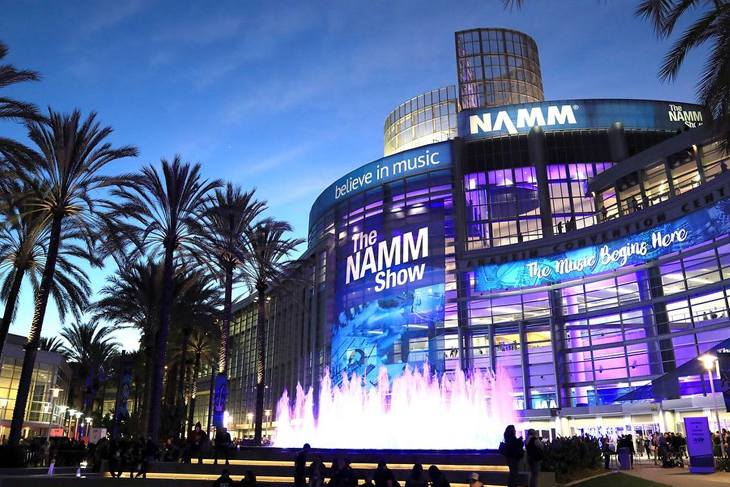
The NAMM Show. (Source: Instagram)
Fearing that the impact of the COVID-19 pandemic will stretch into next year, NAMM announced this week that their 2021 music equipment trade show would be replaced with the Believe In Music Week virtual event. The online-only event will be held during the week of January 18, 2021.
Believe in Music Week will feature a blend of signature NAMM events and special creative initiatives. These include The Grand Rally for Music Education, GenNext, Music Education Days, and the Nonprofit Management Institute. As well, the NAMM Foundation will host a series of “inspirational, leadership, and support-based” online events featuring leaders in the music education, collegiate, K-12, community, and nonprofit sectors offering numerous problem-solving solutions regarding the multiple challenges of the current era.
Regarding the switch from real-time activities, NAMM’s executive team notes, “[g]iven the current realities of the COVID-19 pandemic and the health and safety of NAMM members as our priority, it is now clear there is no path forward for an in-person event in California, and we have made the difficult decision to cancel The 2021 NAMM Show.”
They go on to say, “while we are disappointed that we will not be able to gather our NAMM family in-person this January, we are reimagining how to connect all facets of the industry while benefiting those most deeply impacted with the launch of Believe in Music: The Global Gathering to unify and support the people who bring music to the world.”
For more information, check out NAMM’s Believe in Music Week website here.
H/T: American Songwriter
Related Post: ‘Save Our Stages Act’ May Provide Economic Relief for Music Venues
As Verzuz Covers Billboard, Consider How the ‘Verzuz Effect’ Is Evolving Music
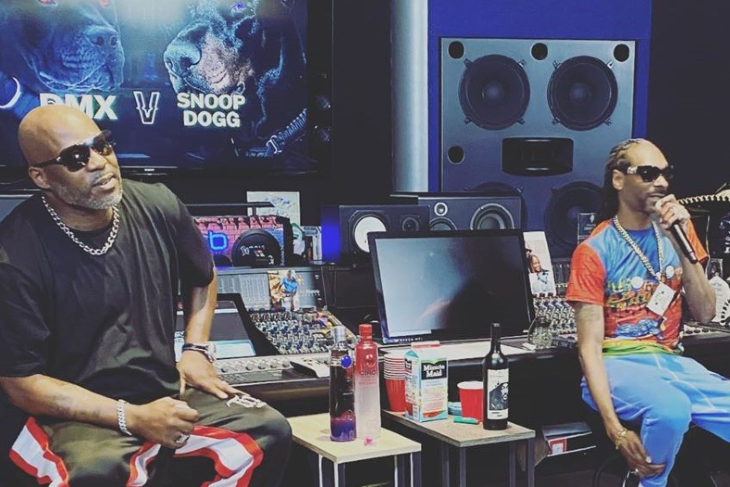
DMX and Snoop Dogg’s Verzuz battle. (Source: Complex)
Verzuz has evolved from a fun way to listen to hit songs on Instagram Live during quarantine into “a cultural institution [reviving and sparking] new interest in hip-hop and R&B’s legacy songs and artists.” This quote is pulled from the latest edition of Billboard Magazine, which features the Swizz Beatz and Timbaland co-created concept as its cover story. However, most powerful to consider regarding Verzuz’s future is the impact of the event-related popularity surge known as the “Verzuz Effect.”
Verzuz’s explosive potential is transforming key areas of the music industry. April 20’s Teddy Riley vs. Babyface battle resulted in a 115% increase in on-demand streams for both artists combined. Babyface also saw both his Instagram followers jumped from 300,000 to 1 million, plus an increase in sample clearance requests.
Recently, the impact has moved past Instagram and solely streaming music platforms. For new Verzuz partner Apple Music, Verzuz’s placement there has resulted in a reported over half a million concurrent views for each battle, the most-watched of any livestreams held on the platform.
Also, since Memorial Day, Diageo — Ciroc vodka‘s parent company — has signed on as a multimillion-dollar sponsor. Moreover, as also revealed in Billboard, if artists endorse, Apple Music, Diageo’s liquor brands, or any of the other forthcoming potential sponsors, Verzuz will offer artists payment for their battle time.
Already, Verzuz has — via Apple and Diageo — brands worth a Forbes-estimated $1.4 trillion already on board. What has developed during a global pandemic and one of the most shocking eras in the history of modern music is clearly impressive.
Latin and African pop-specific Verzuz battles are reportedly also on the horizon. Key to note here is Apple Music’s recent desire to engage in expansion in the African marketplace. As well, “Latin Music Is Growing Faster Than Overall U.S. Music Market” reads an April Rolling Stone headline. Attaching Verzuz to that growth could have gigantic possibilities, especially for that culture’s classic reggaeton, bachata, and salsa superstars.
“People need to be educated and celebrated. That’s why we say we’ve got a long runway with this thing,” Swizz Beatz notes. Creatives playing music hits over poor Instagram Live connections in the name of avoiding boredom has blossomed into a trillion-plus dollar industry. The “Verzuz Effect” has, and will continue to yield radical, industry-shifting consequences.
Interested in hearing a few classics from the Verzuz battles? Check out Beatsource‘s “Versus Series” here.
Related Post: Verzuz Officially Names Apple Music as a Broadcast Partner: What’s Next?
Popular
-
May 23, 2023
The Best Remixes for Wedding DJs 2023
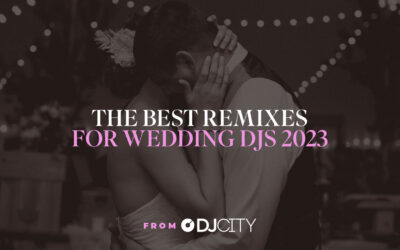
Wedding season has arrived! DJcity’s Remix Director Sir Marcus has put together a list of wedding-friendly tracks guaranteed to freshen up your DJ sets and...
-
December 22, 2023
Our Biggest Sale of the Year: Join DJcity for $1 🚨
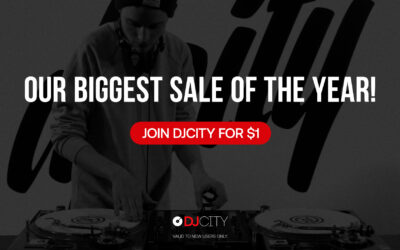
We just launched our biggest sale of the year! Get 90% off a DJcity membership and join for just $1 (regular price $10) for the first month when you check...
-
December 18, 2023
Top 30 Remixes, Bootlegs, and DJ Edits of 2023
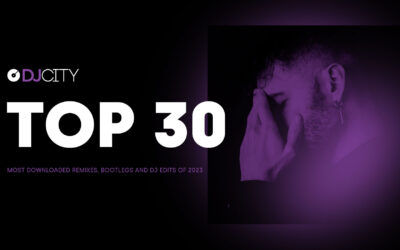
ATCG. Last Thursday, DJcity revealed its most downloaded tracks of 2023. Today, we dive deeper to uncover the most popular remixes, bootlegs, and edits of...
-
February 15, 2022
New DJcity Pricing Plans Now Available
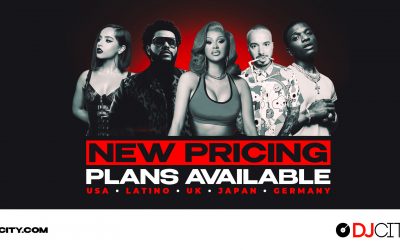
Here at DJcity, customer satisfaction is crucial, and therefore we always take input and feedback from our customers and DJ community very seriously. Due t...
-
April 12, 2024
New and Notable Tracks: Apr. 12
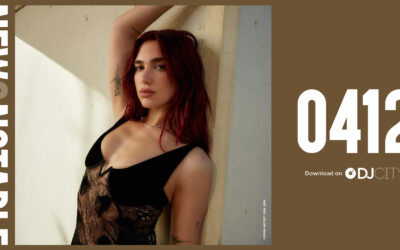
New tracks that DJs should know about.
-
July 6, 2022
Afrobeats and Dance added as Main Genres on DJcity
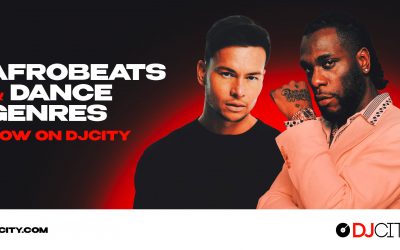
At DJcity, we are always working to make sure that the way our record pool functions reflects the needs of our users. Therefore in our latest update, we sw...
-
March 24, 2020
Salt-N-Pepa’s ‘Push It’ Remixed by Safety First!: DJcity Exclusive
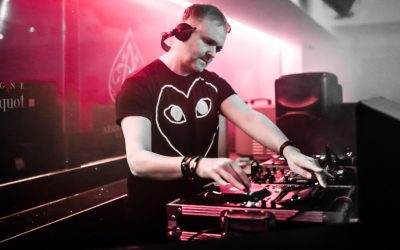
Safety First!. (Source: Safety First!) Veteran Manchester-based DJ/producer Safety First! has released a DJcity exclusive remix of Salt-N-Pepa‘s hip-hop cl...
-
December 20, 2022
Top 30 Remixes, Bootlegs, and DJ Edits of 2022
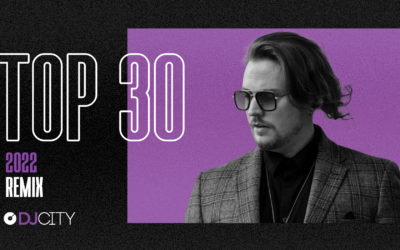
GRAYMATTER. Yesterday, DJcity revealed its most downloaded tracks of 2022. Today, we dive deeper to uncover the most popular remixes, bootlegs, and edits o...
-
June 29, 2015
Skrillex and Diplo Drop ‘Where Are U Now’ Video Feat. Justin Bieber
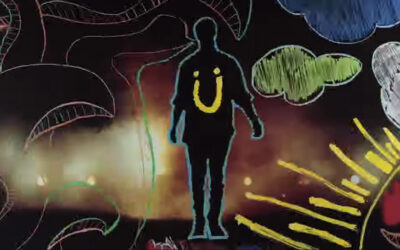
Some fans were skeptical when they discovered that Skrillex and Diplo's debut Jack U album includes a song with Justin Bieber. "Where Are U Now" has...
-
April 5, 2024
New and Notable Tracks: Apr. 5
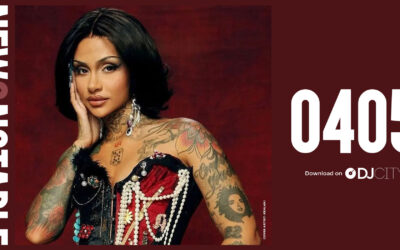
New tracks that DJs should know about.

